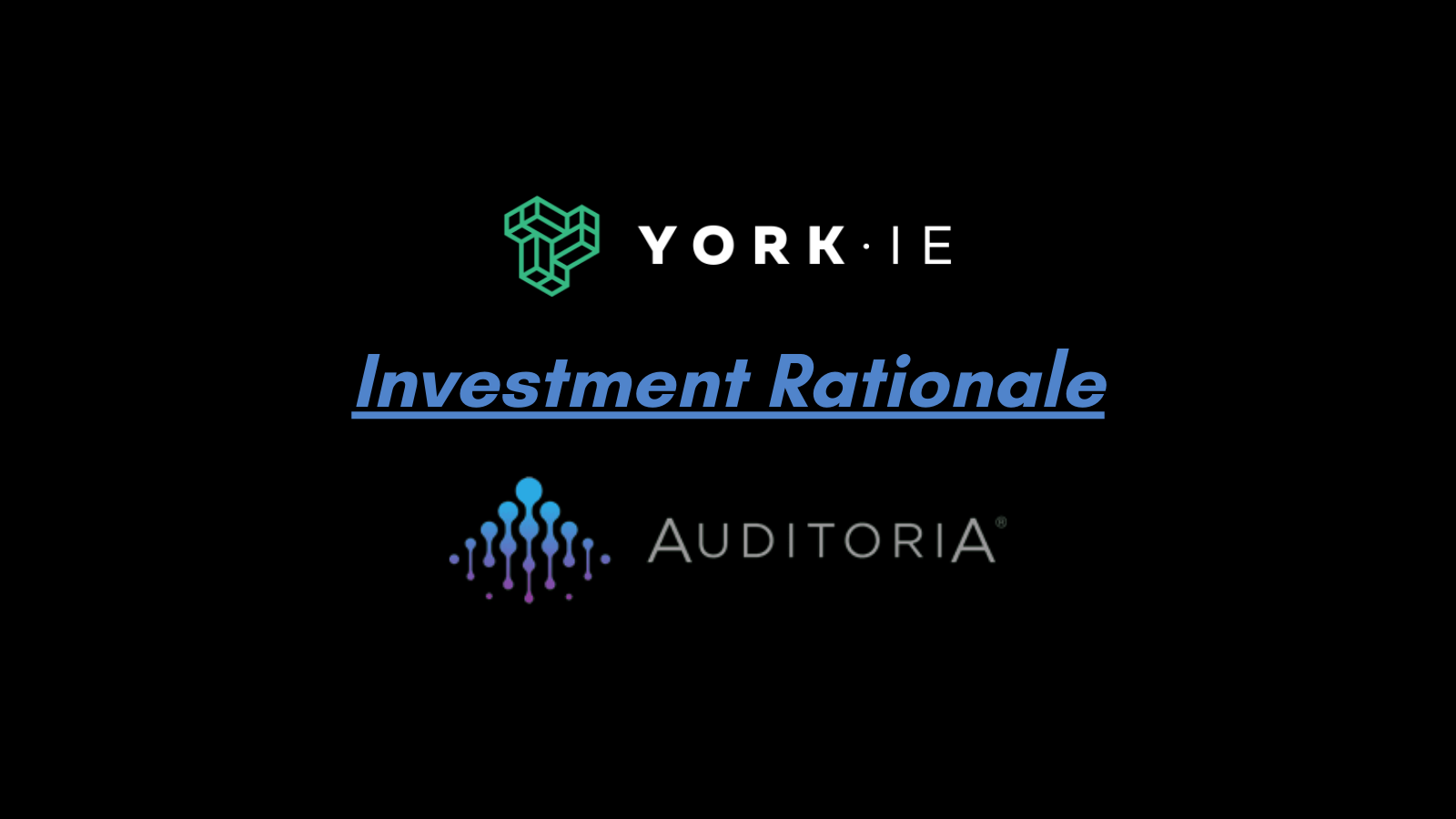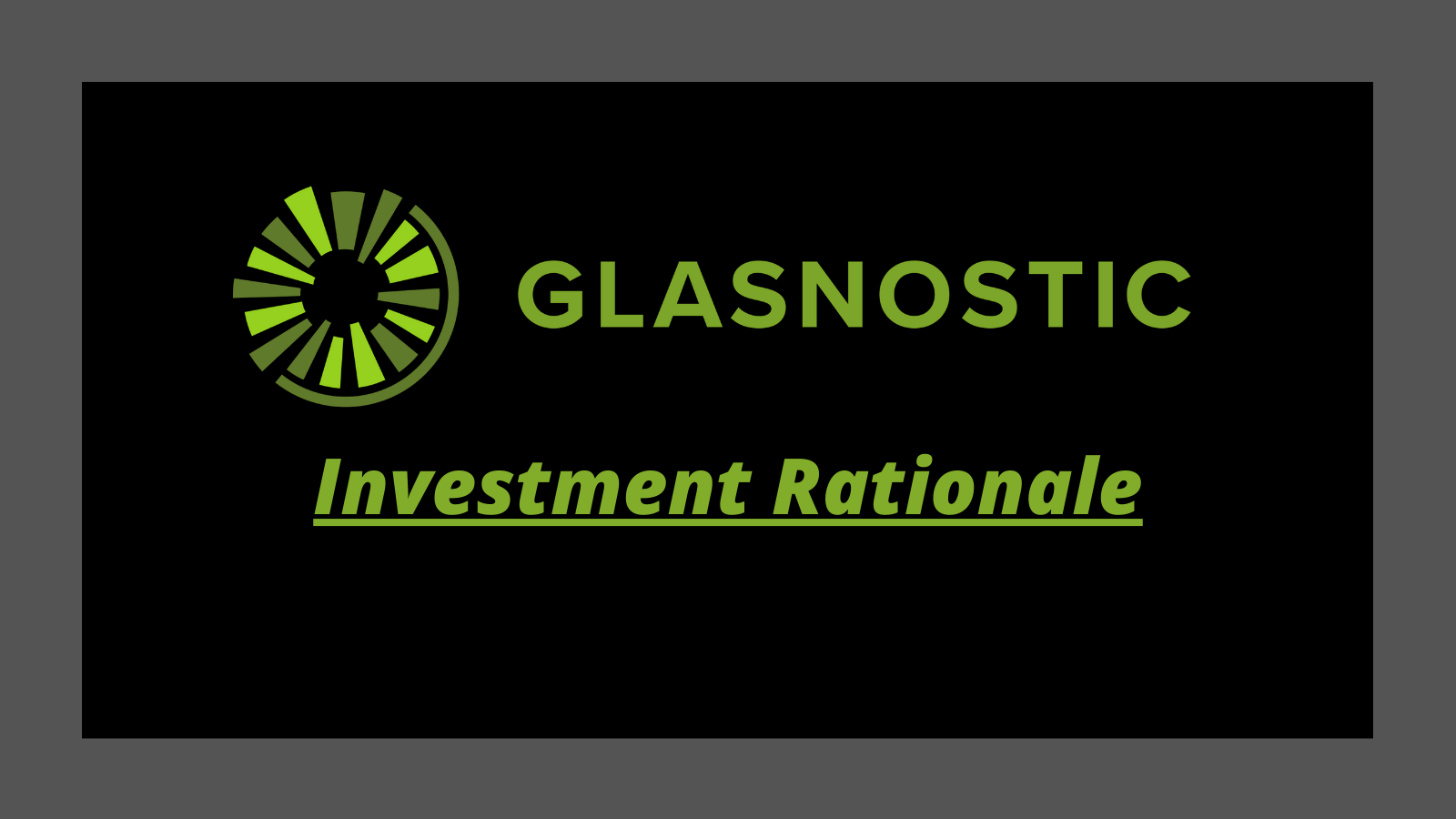From the beginning, York IE’s investment thesis has centered on two main factors; the size of the market opportunity and quality of the team. While our team will perform hours of due diligence when evaluating an investment opportunity, and analyze everything from financial metrics to go-to-market strategy, market opportunity and team quality are the two things we feel most confident about determining at the earliest stages of a business. York IE’s new investment, Auditoria, is looking to disrupt a multibillion dollar industry and has one of the strongest teams York IE has encountered. Founded and led by the founding team of Palerra, Auditoria provides a system of intelligent engagement for cloud-based employee resource planning (ERP) applications. Leveraging their experiences building and exiting a successful startup, and serving as executives at Fortune 500 technology firms that rely heavily on ERP applications, the Auditoria team is leading the next generation of ERP innovation. Leveraging natural language processing (NLP)-driven business process execution, recommendation analytics, conversational AI and audit governance, Auditoria’s SmartFlow platform provides enterprises with reduced friction and increased visibility, accelerating key financial insights, reducing labor costs, eliminating task repetition and mitigating risk in financial audit readiness.
Typically, the York IE team saves the team description for last in our investment rationales. However, due to the strength of Auditoria’s team we felt it was appropriate to lead with this section. As previously stated, the leadership team of a startup is always one of the most scrutinized factors in the York IE due diligence process, especially when the company is pre-revenue. Auditoria’s leadership team is one of the easiest to validate, and arguably the most impressive team York IE has had the opportunity to invest in.
Auditoria’s 18 employees are led by Founder & CEO, Rohit Gupta. Many members of the York IE team worked with Rohit at Oracle, where he has held executive positions on three separate occasions. His most recent stint at Oracle coming after the company acquired Palerra, a leading cloud access security broker (CASB) that Rohit founded and led as CEO, for a substantial multiple. Rohit has also previously served as GM & VP at BMC Software and Director, ISV Solutions and Security Market Development at Sun Microsystems. Rounding out the leadership team are co-founders Adina Simu and Gaurav Bhatia. Adina serves as the Chief Product Officer of Auditoria, and was previously VP of Product at Palerra and Oracle. Prior to her time at Palerra/Oracle, Adina was a product manager/leader at CipherCloud, VMware, Proofpoint, and ZL Technologies, and spent 10 years at Cisco as a software engineer. Gaurav Bhatia is the Chief Technology Officer at Auditoria after having led the engineering team at Palerra. Gaurav has also worked as the VP of Product Engineering at Make My Trip and product development leader at Intuit. The combination of deep experience in both founding startups and working in large, public enterprises makes the Auditoria team uniquely qualified to capitalize on enterprise adoption of AI-centric and autonomous ERP.
As stated by R Wang of Constellation Research, “Auditoria helps customers in the $11 billion cloud ERP market become autonomous enterprises.” Auditoria’s platform increases the speed, accuracy, and productivity of finance teams by enabling them to automate, analyze, audit, and collaborate across the modern finance organization. By automating many of the manual processes embedded in enterprise finance organizations, Auditoria helps remove the friction, repetition, and wasted effort in the payable, receivable, reporting, and audit functions. The intelligent real-time recommendation analytics that the platform provides to finance and accounting teams leads to new insights in forecasting and planning by uncovering hard-to-spot trends, and increases the accuracy of the forecasts. The continuous audit governance provided by the platform reads, matches, stores and processes evidentiary data faster and more comprehensively than traditional people-based techniques helping mitigate compliance risk by reducing errors.
The company provides this value via its SmartFlow Platform, which is built on the underlying technology of robotic process automation (RPA), recommendation analytics, built-in natural language processing (NLP), natural language generation (NLG), optical character recognition (OCR), AI/ML for predictive analytics and integration adapters to enterprise apps and systems.
On top of the SmartFlow Platform Auditoria SmartFlow Skills provide application modules in areas such as procure to pay, order to cash, and record to report. Using NLP, RPA and ML techniques, Auditoria automates routine tasks such as vendor onboarding and activation, managing vendor tax forms, conducting invoice accruals, dealing with customer collections, and streamlining GAAP audit readiness, thereby making finance and accounting teams more nimble and accurate than ever before.
When analyzing market dynamics, Auditoria competitors will fall into two major categories; startups, and business process management (BPM)/workflow software vendors. Startups competitors include Vic.ai and Decision Engines. Auditoria differentiates itself from these competitors with a NLP engine, that includes intent detection and classification, with semantic dictionary for accounting & audit terms. Built-in NLG capability that converses with internal and external stakeholders mimicking human contextual interaction is also a unique innovation. BPM/workflow vendors include the likes of ServiceNow, Appian, and Pega. While these companies are focused on helping streamline manual processes and workflows for their customers, they are not purpose built for ERP applications. This singular focus allows Auditoria to understand the pain points with current ERP applications at a foundational level, and address them with their platform.
Auditoria.AI Transforms the Corporate Finance Back Office with New Intelligent Automation Capabilities
Auditoria.AI also announced new Intelligent Automation capabilities to transform the finance back office. Intelligent Collections, Intelligent Vendor Management and Intelligent Planning reinvents how CFOs and corporate finance teams interact with collections and payments. After introducing SmartFlow Skills earlier this year, these three new capabilities significantly expand Auditoria’s approach to hyperautomation for the recovery of time, removal of friction and improved cash flow performance across the corporate finance function.


